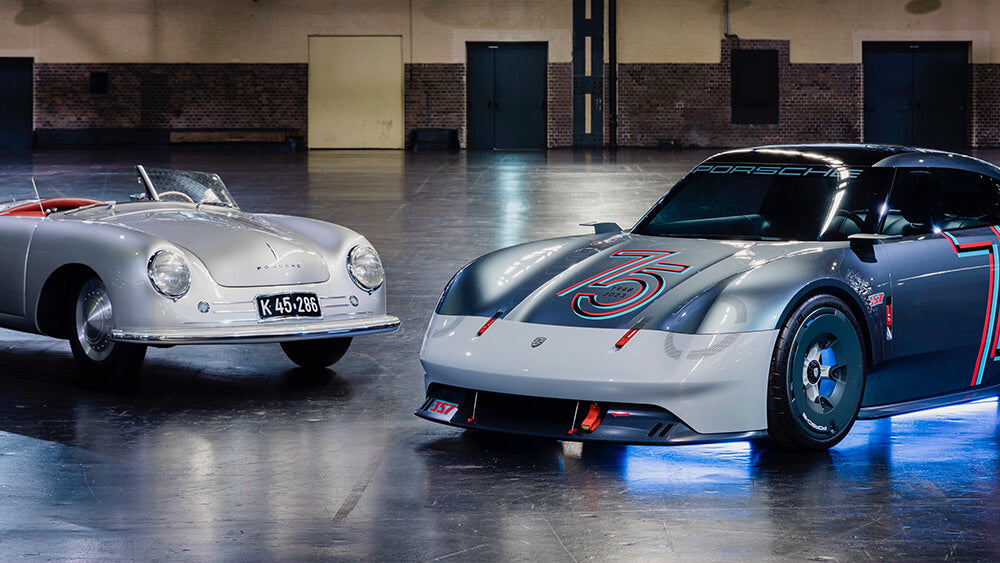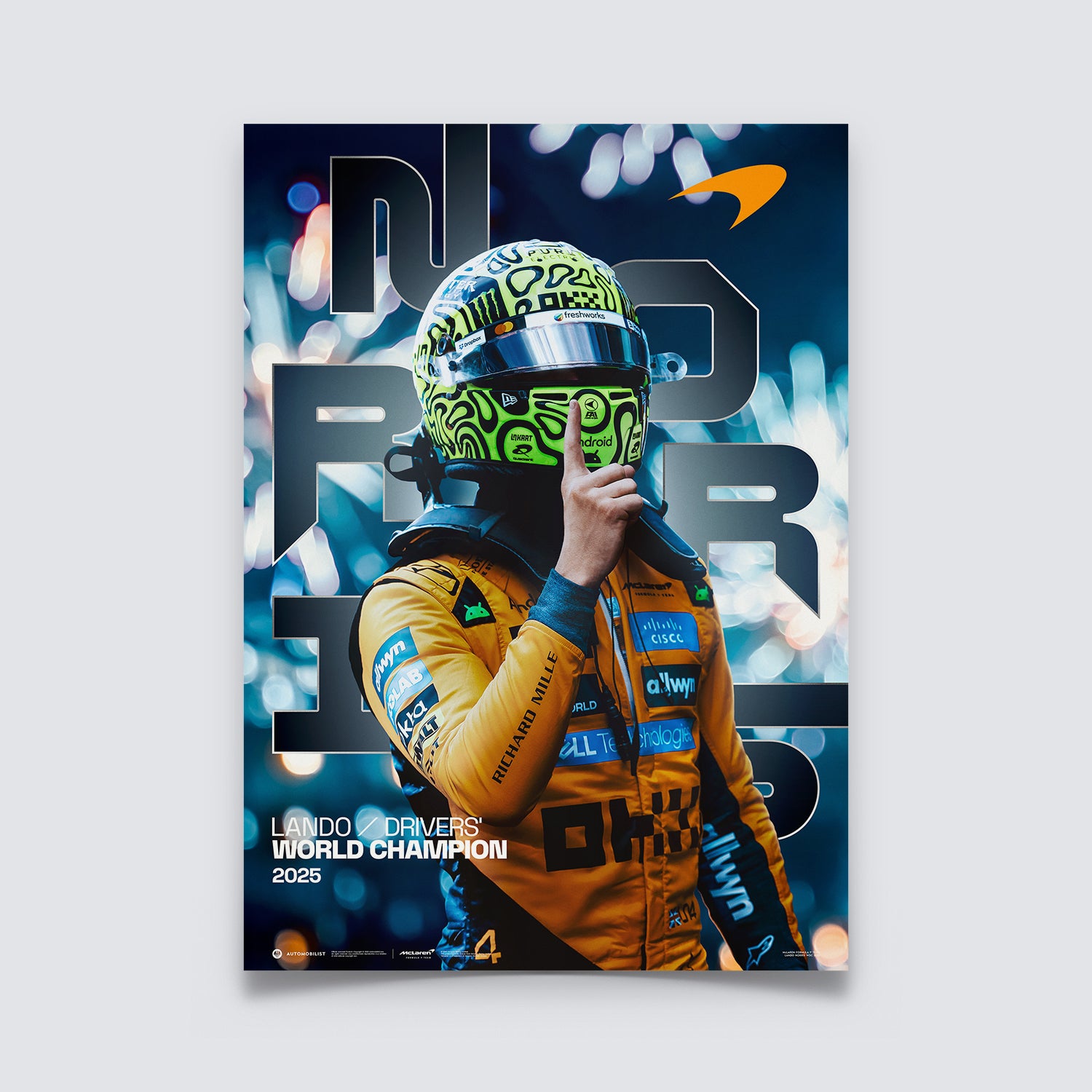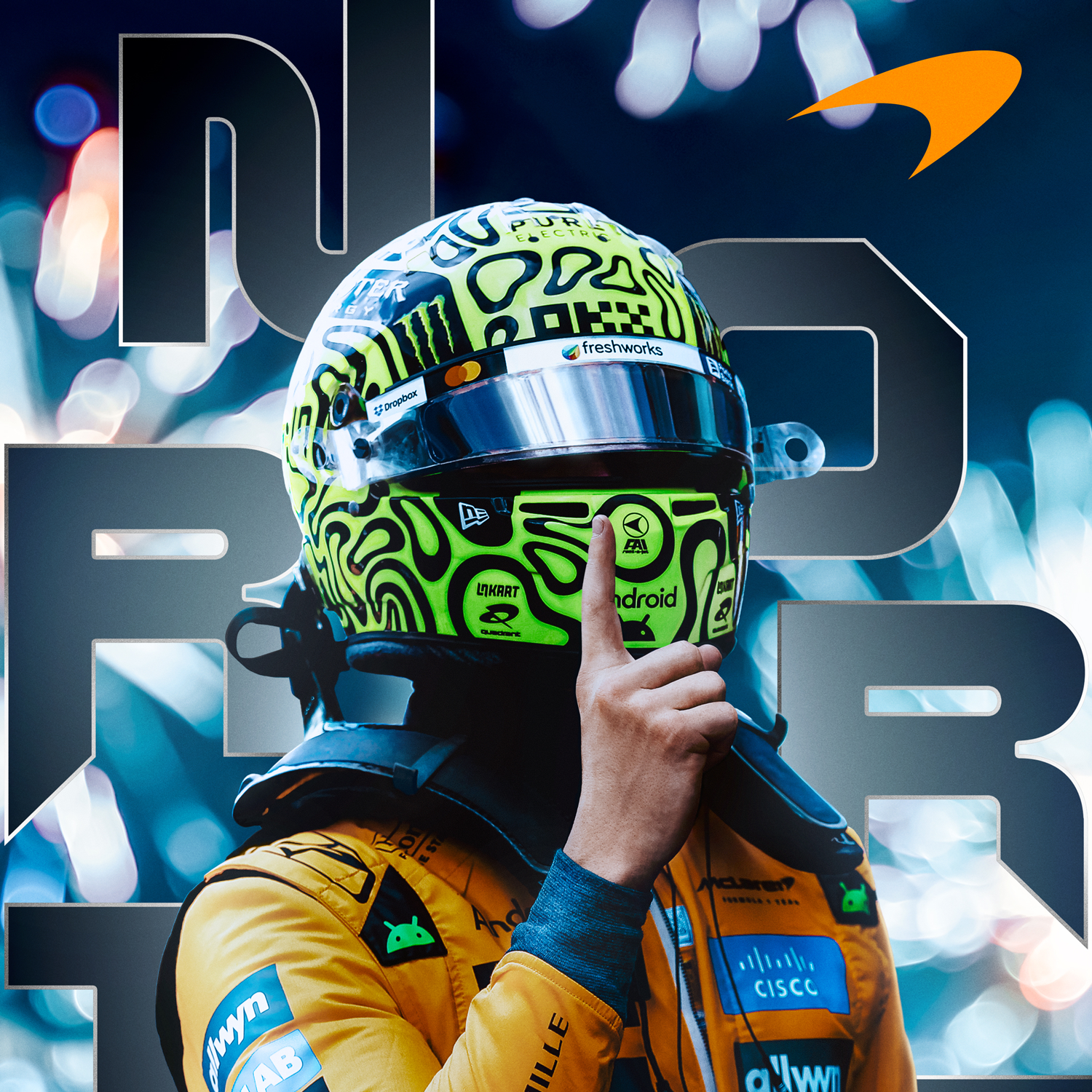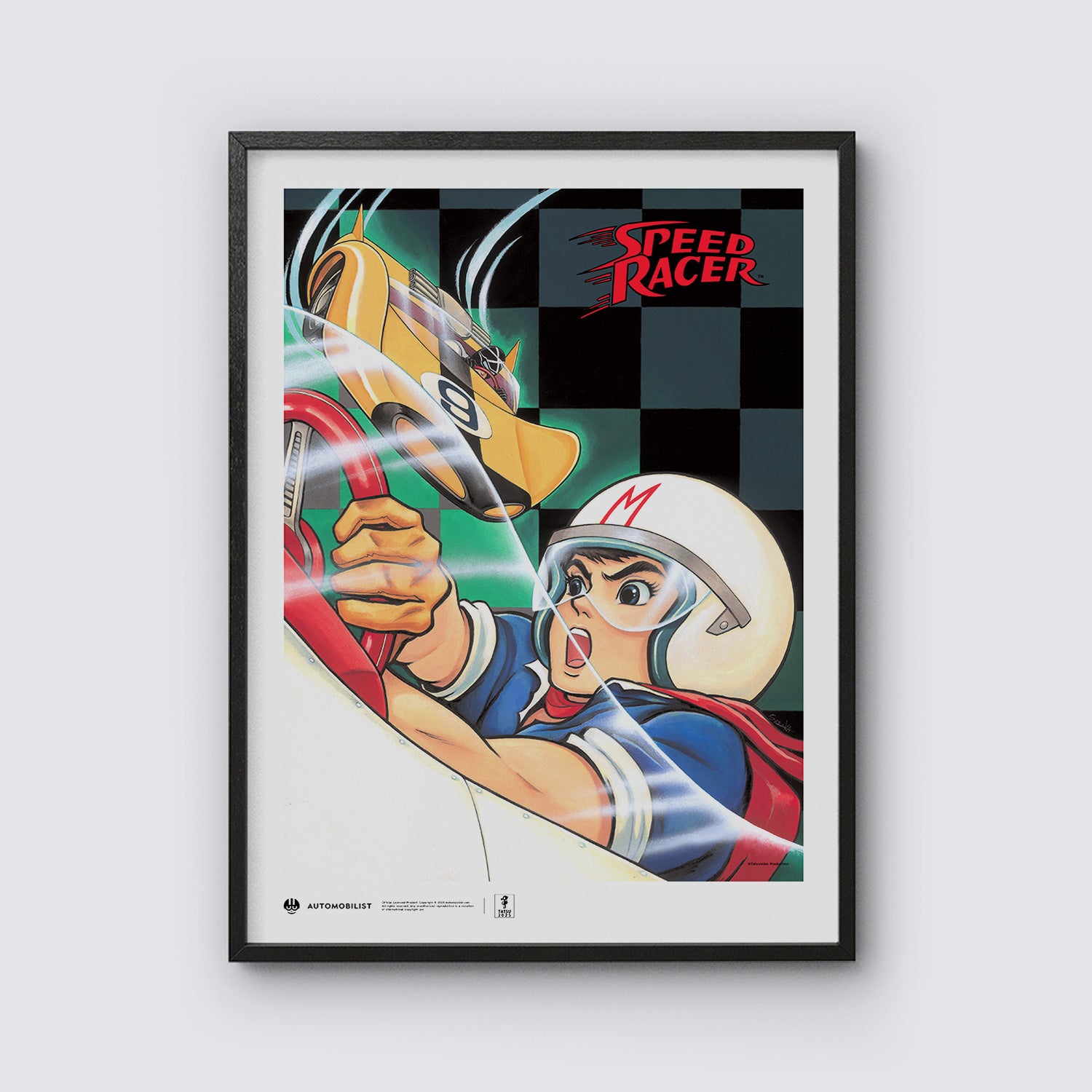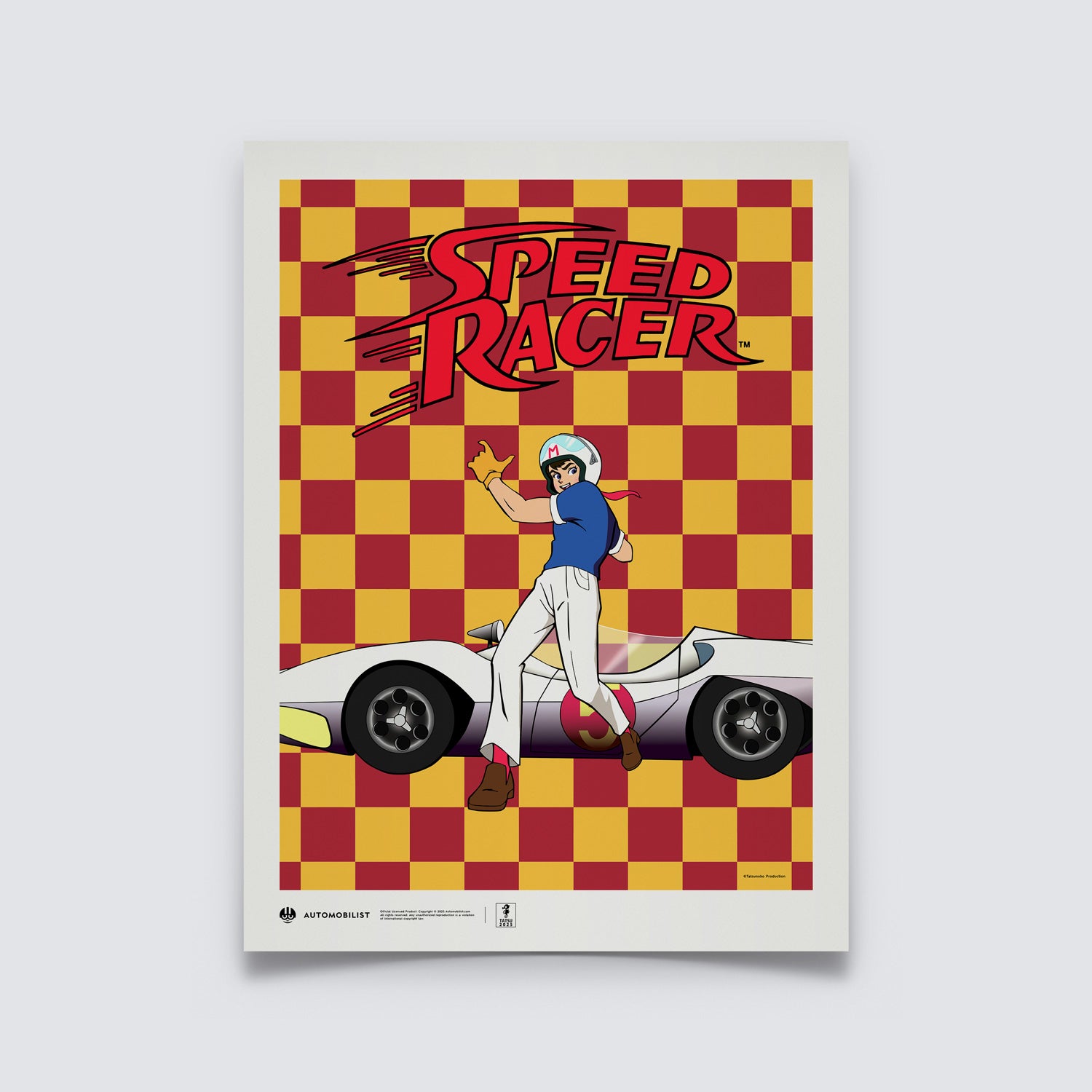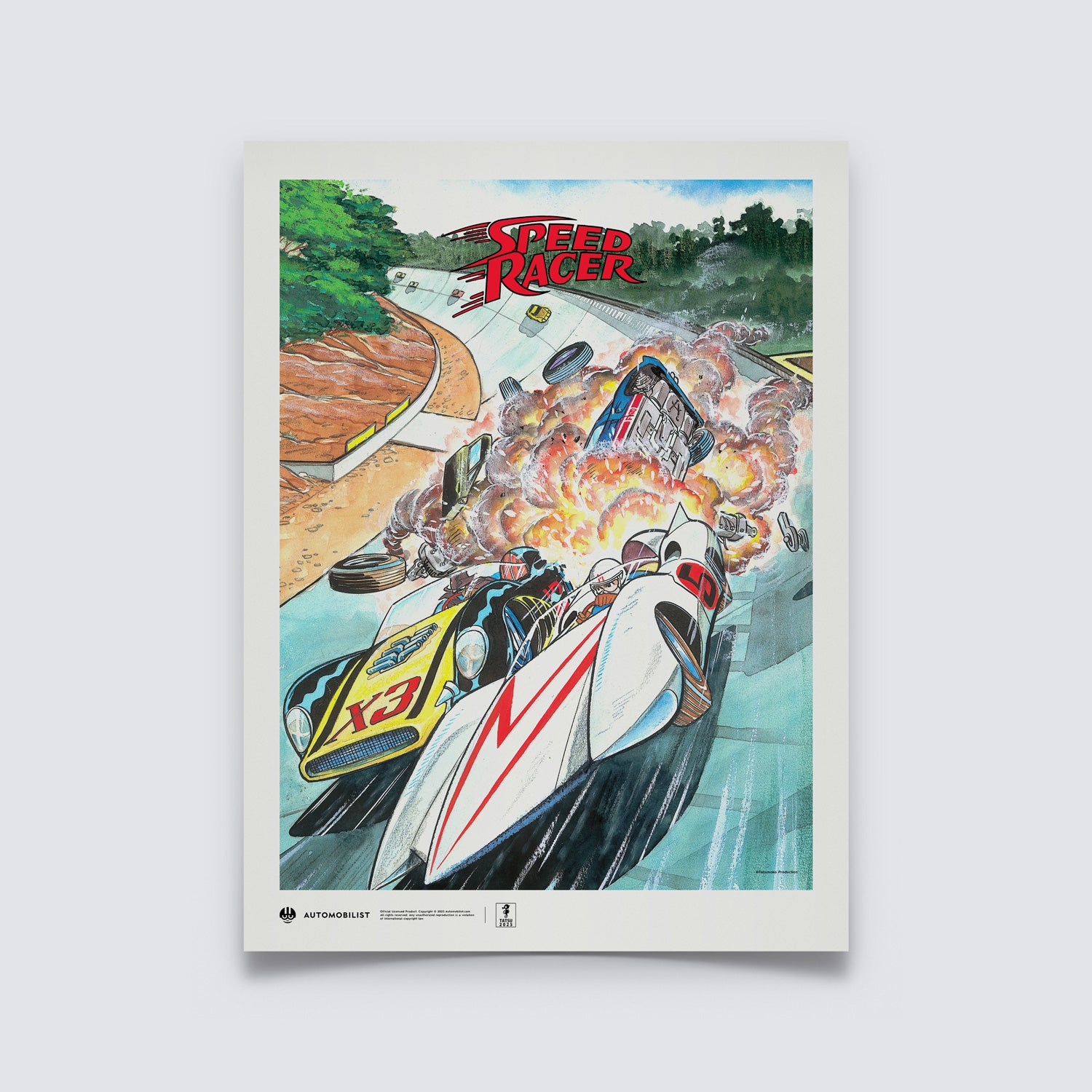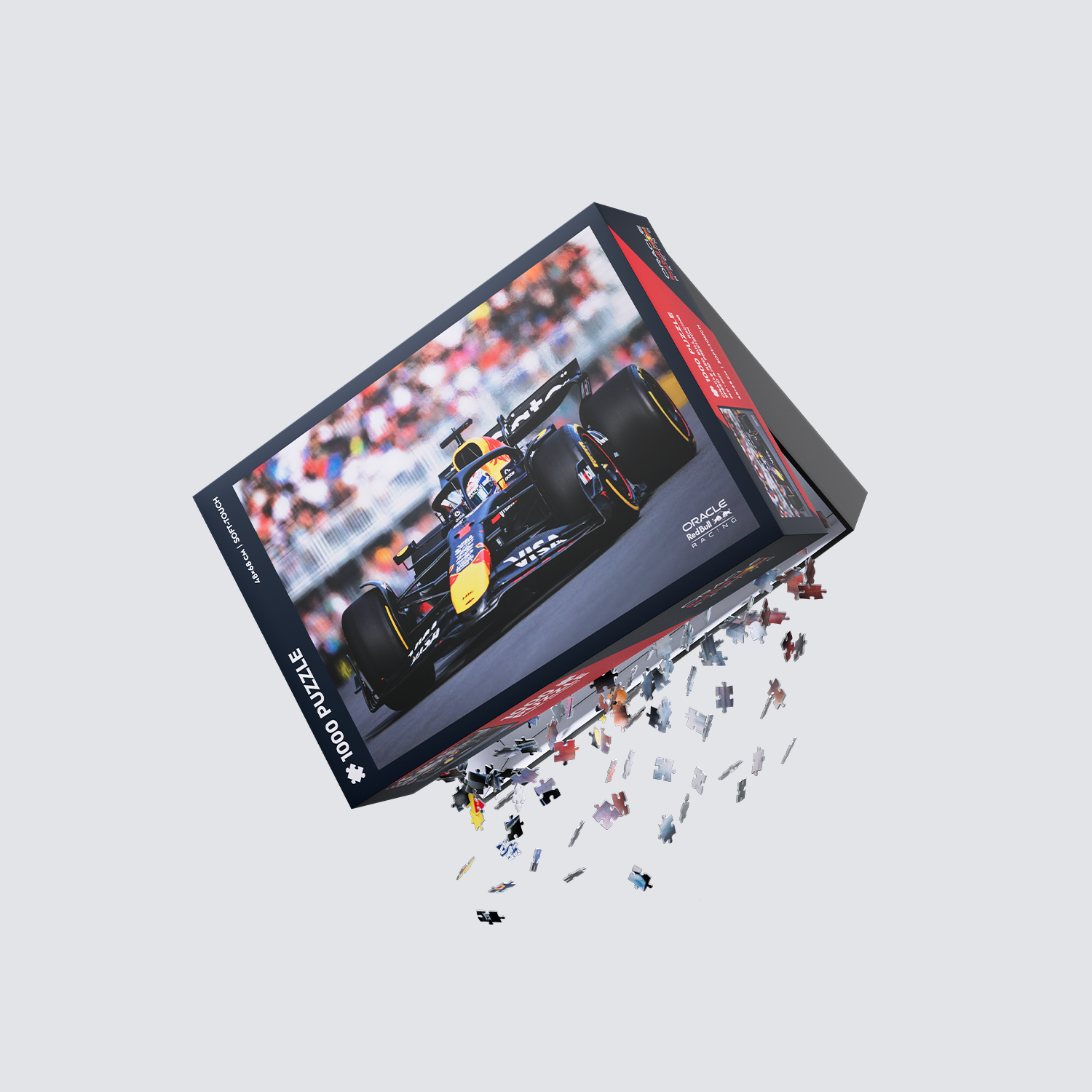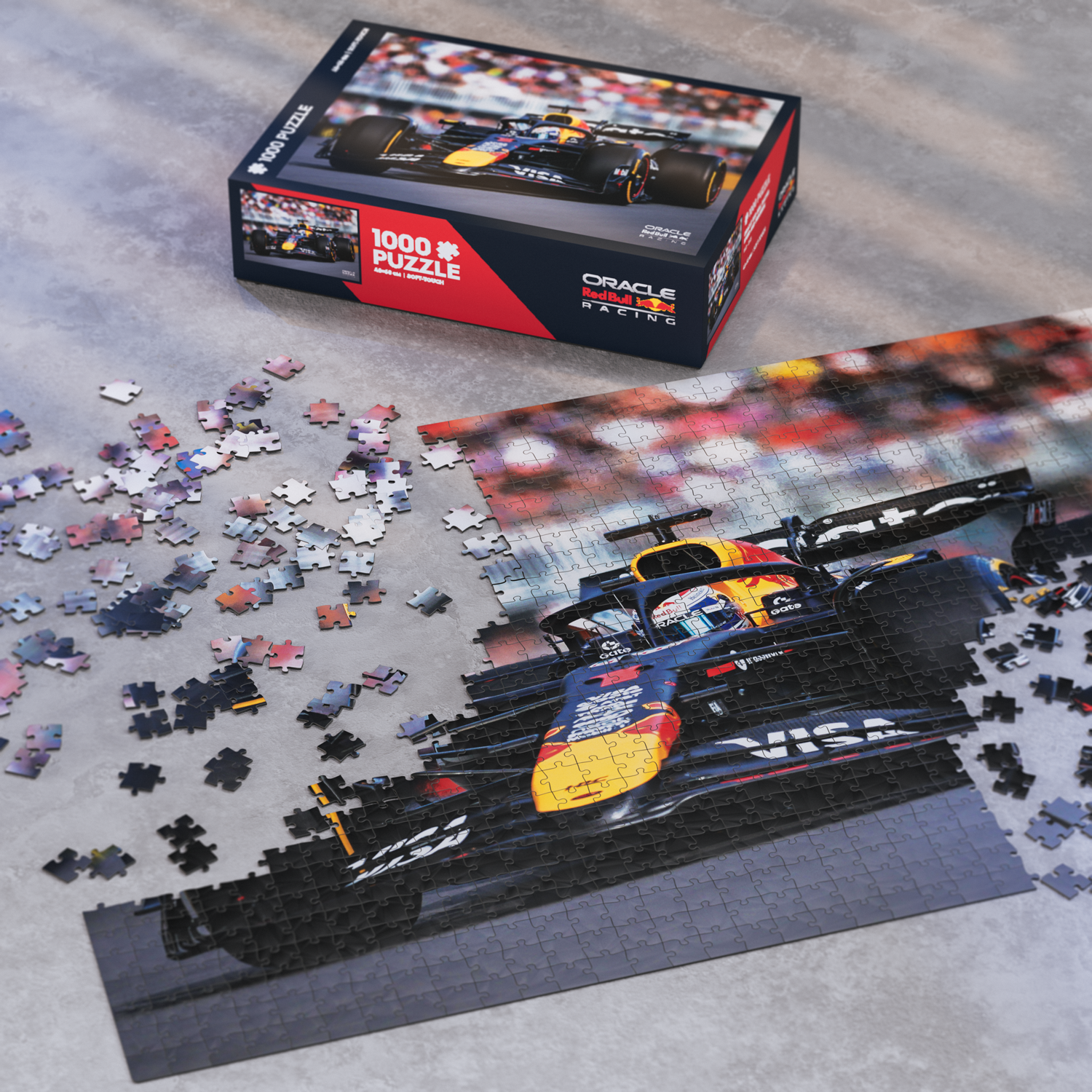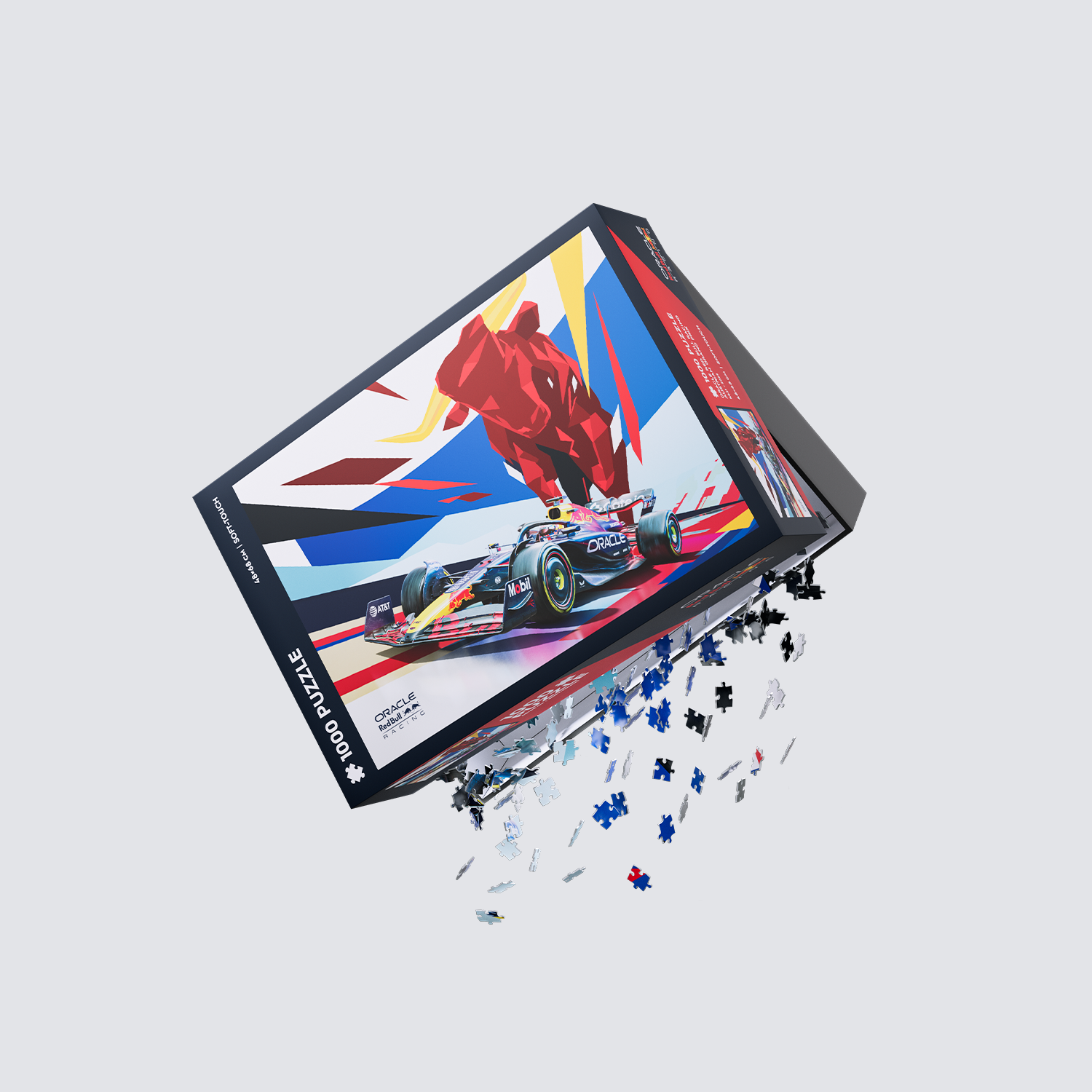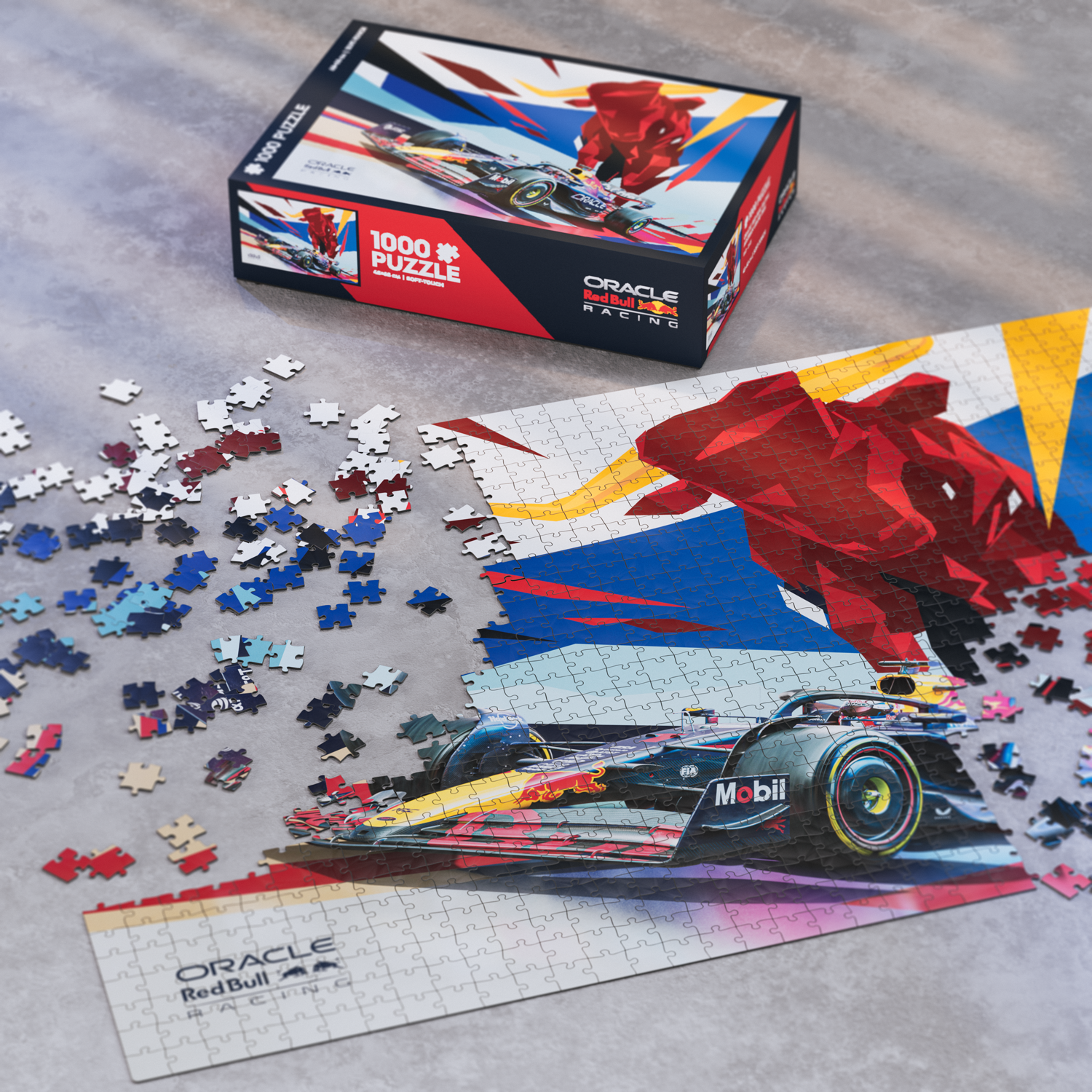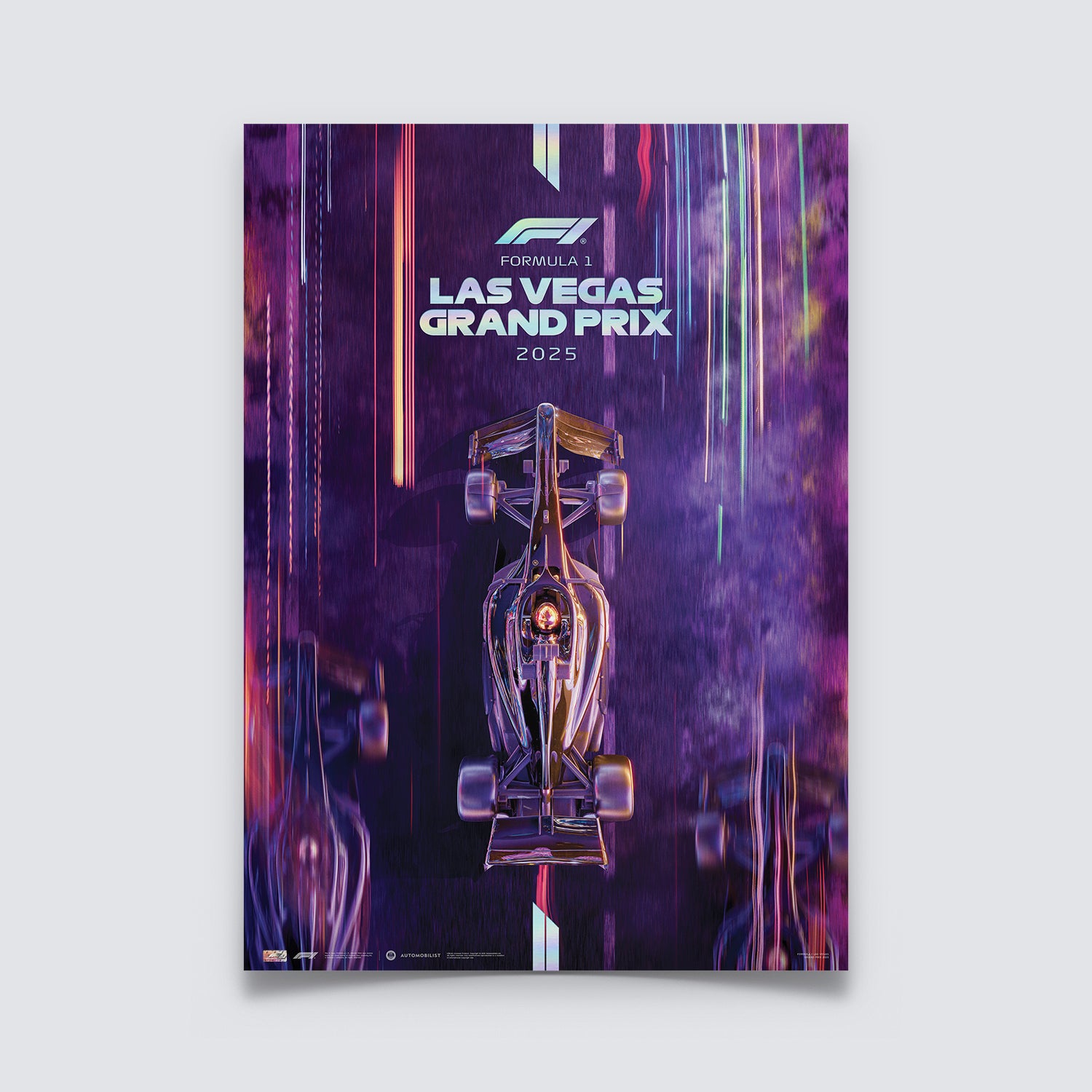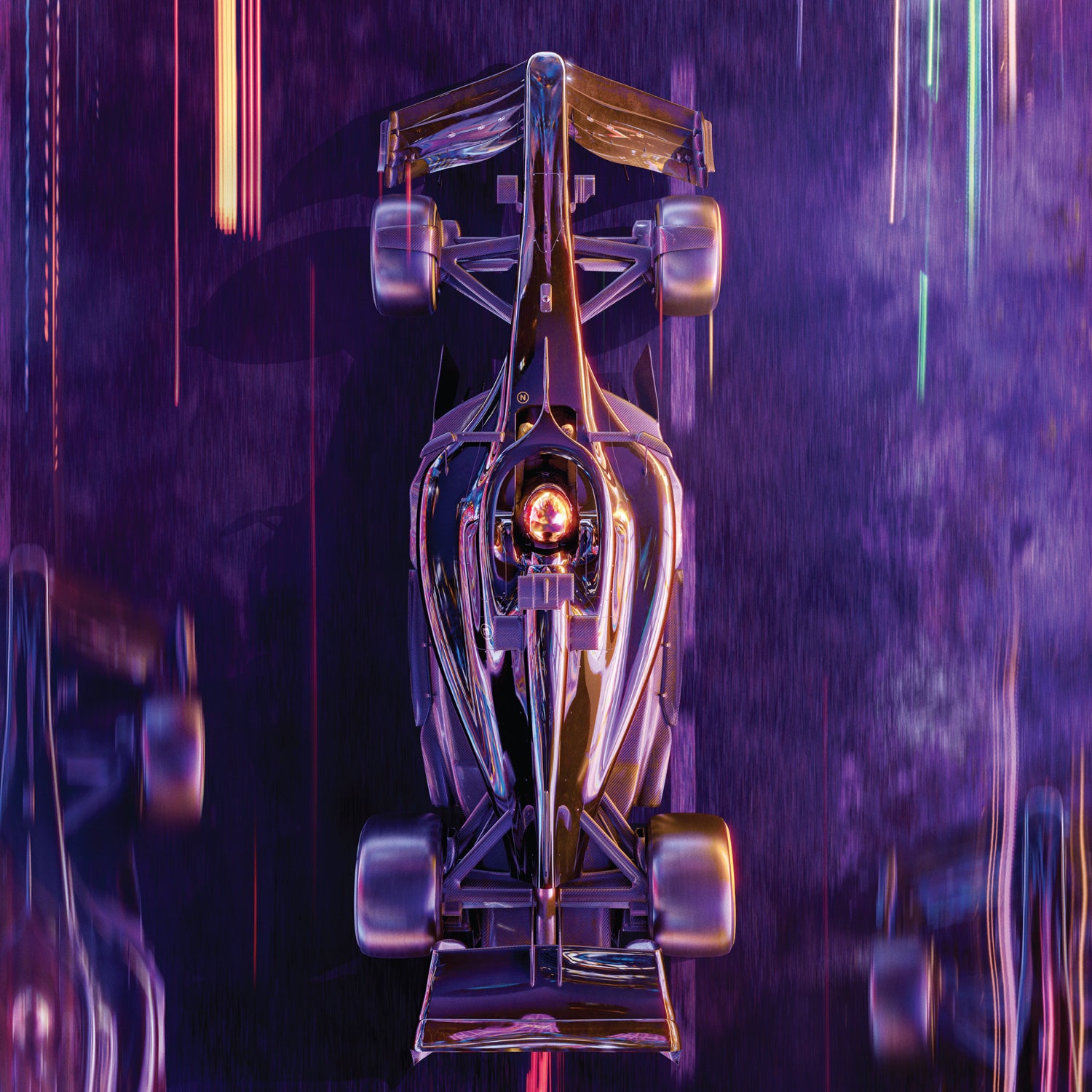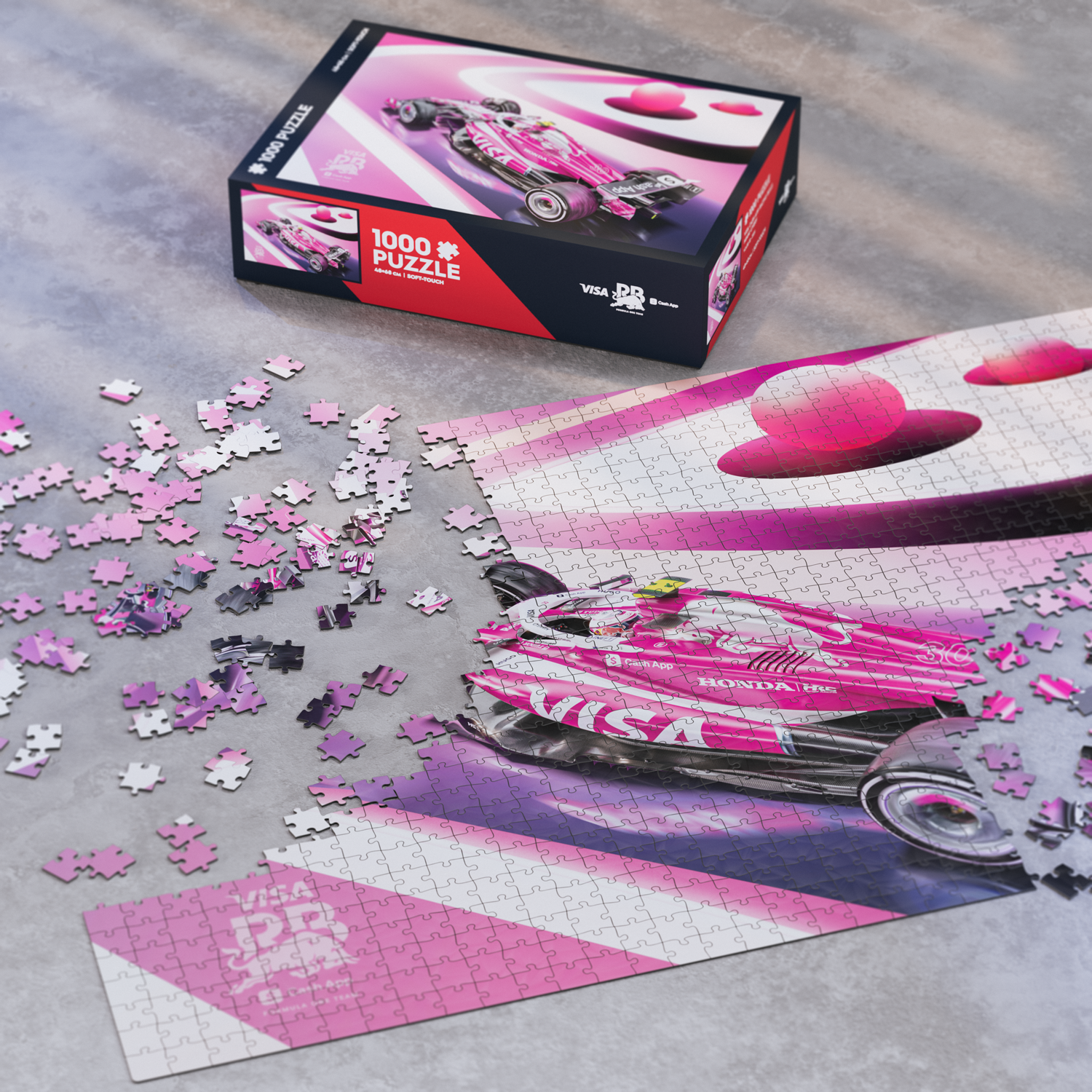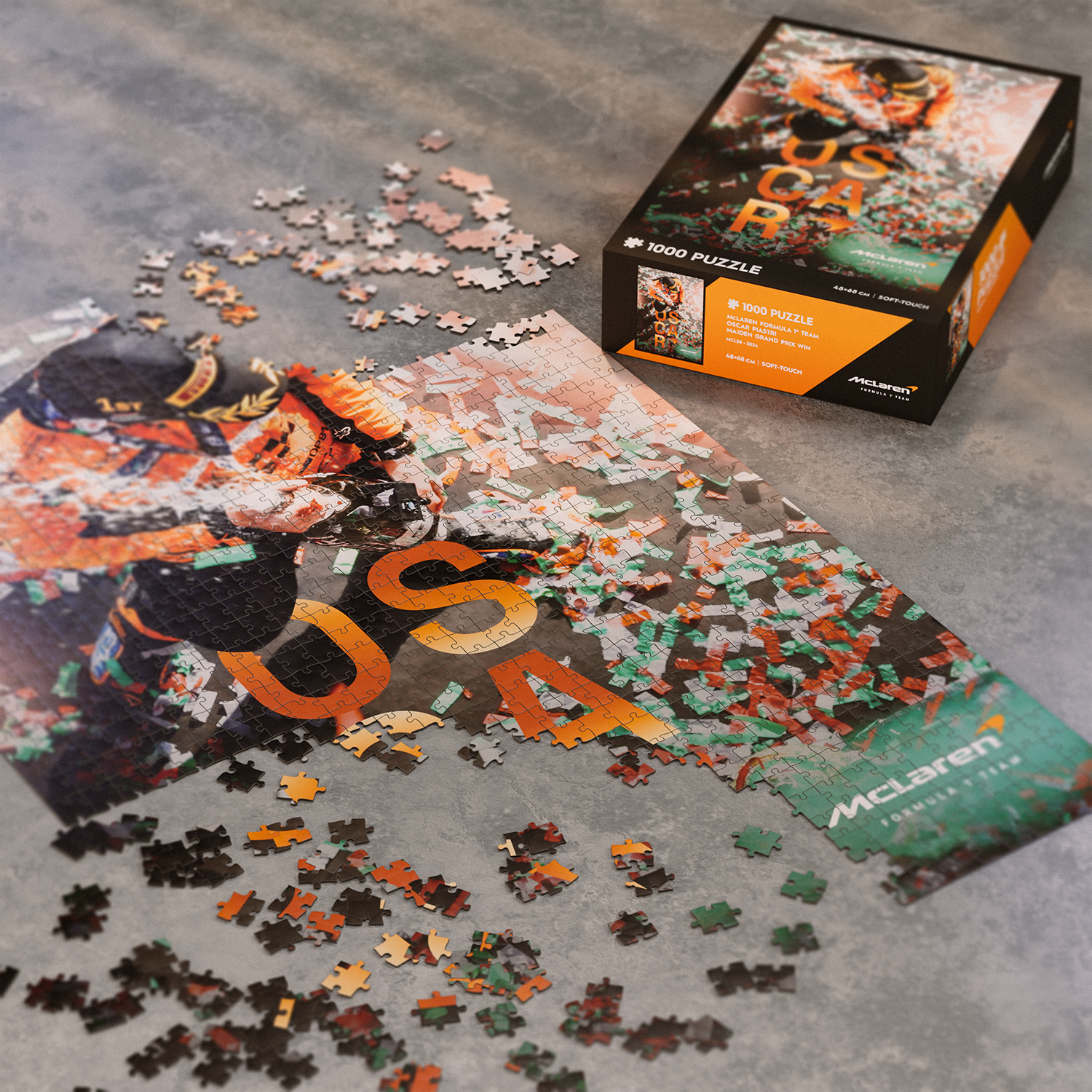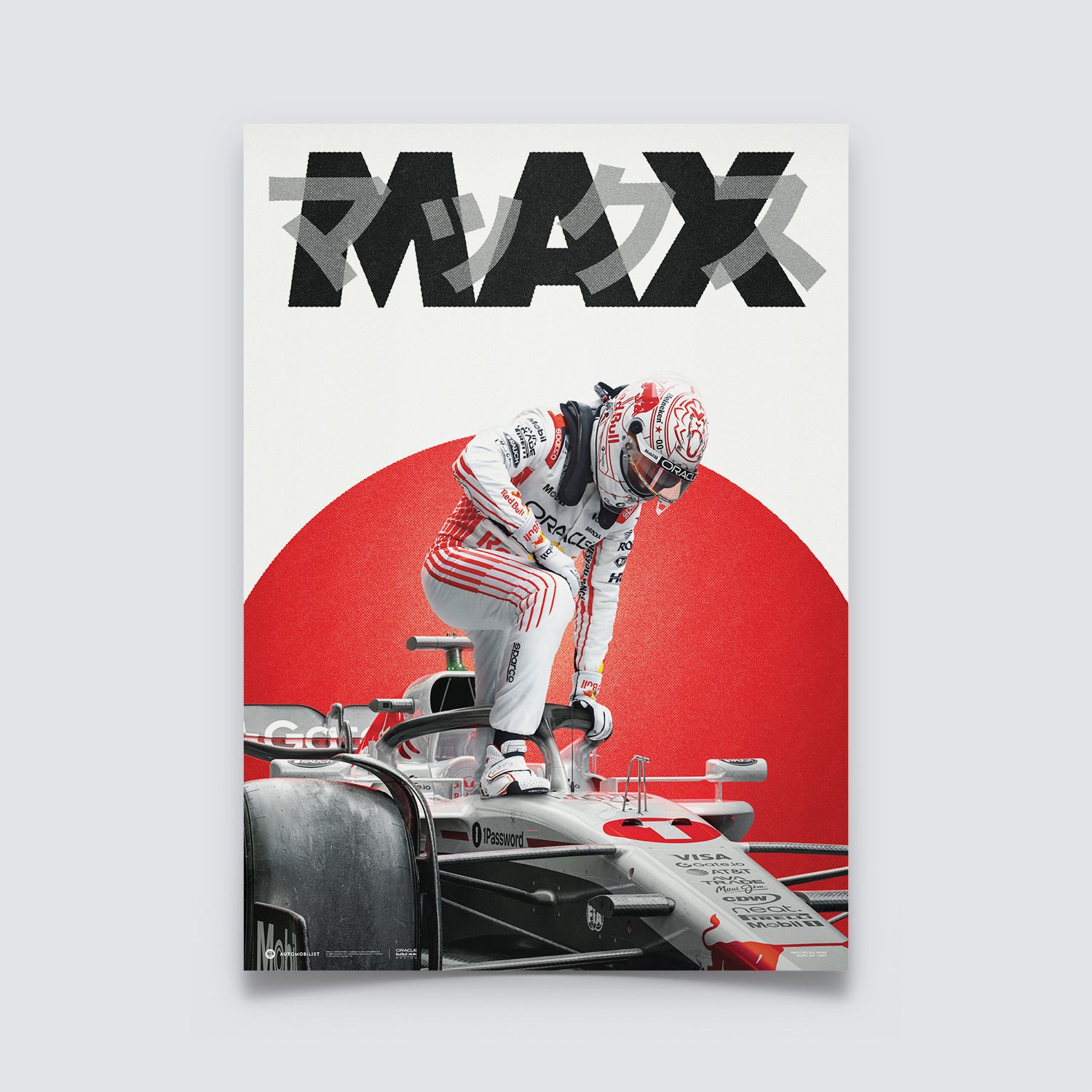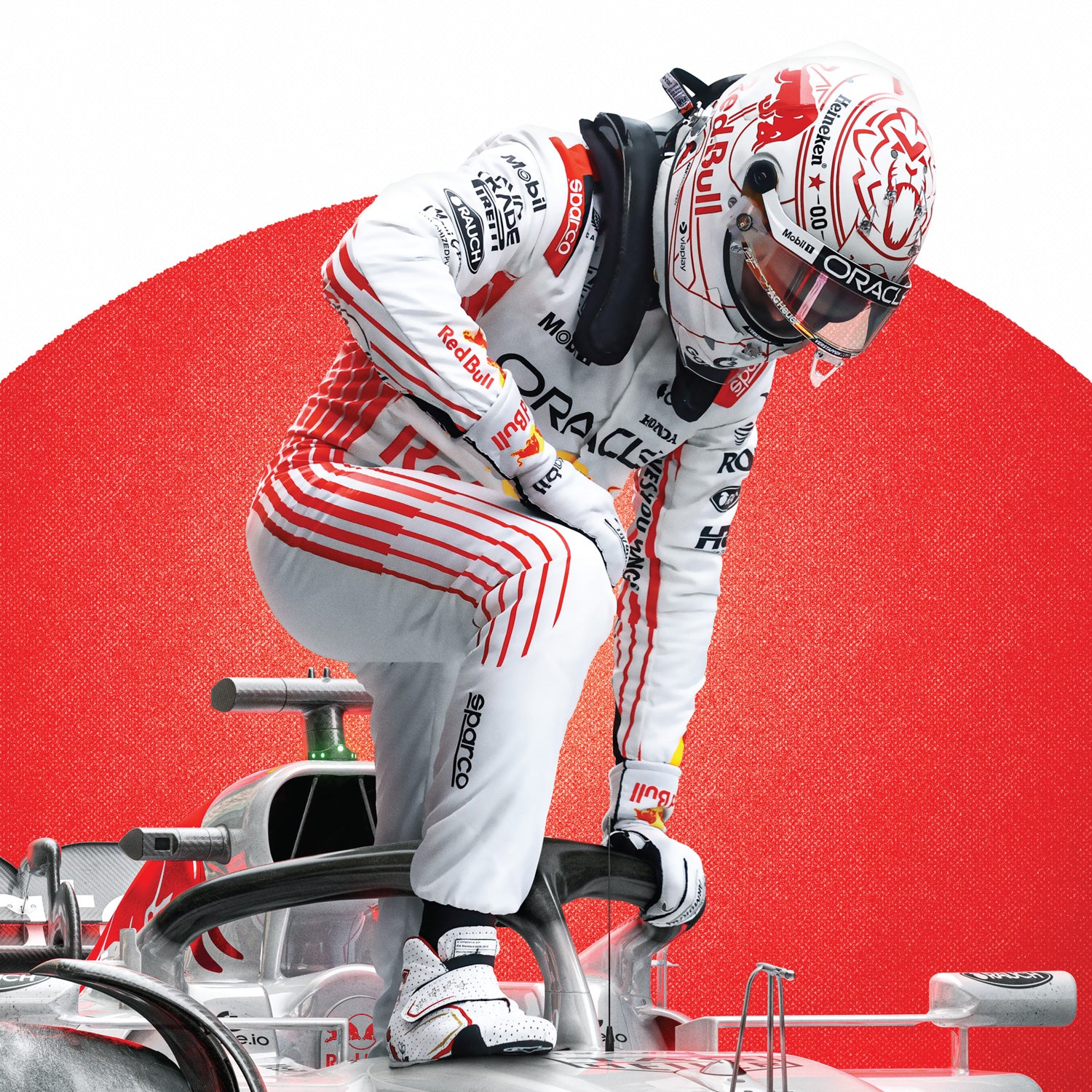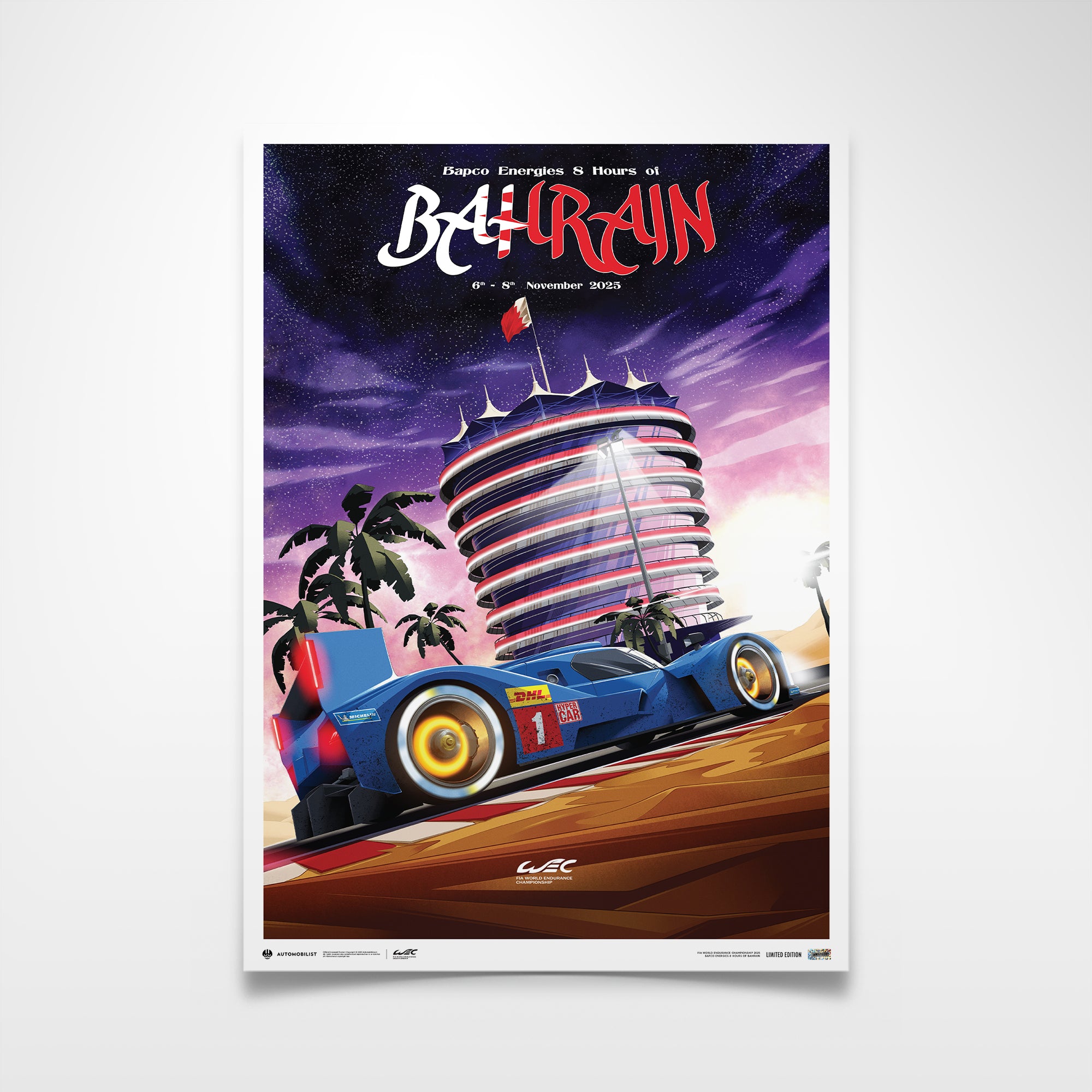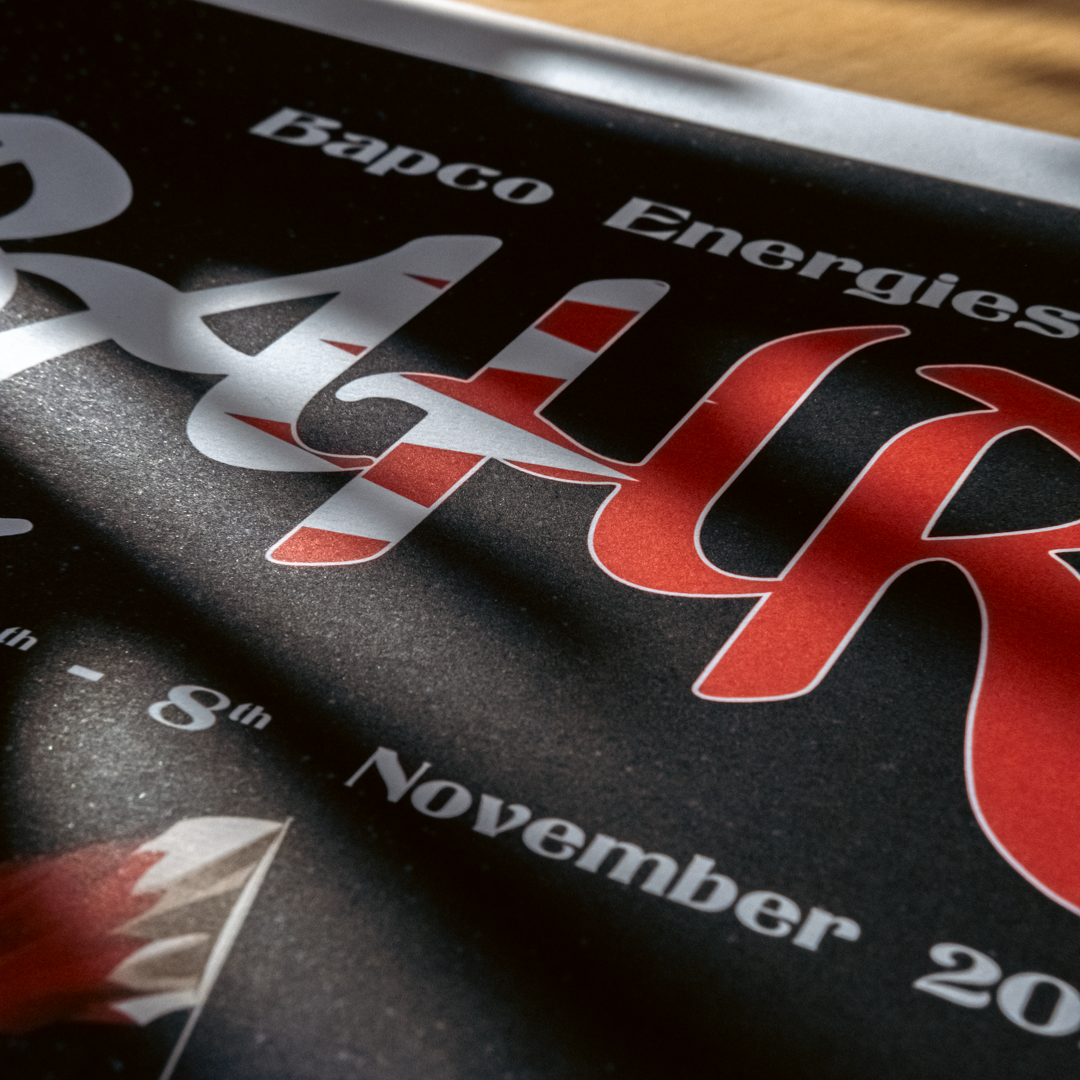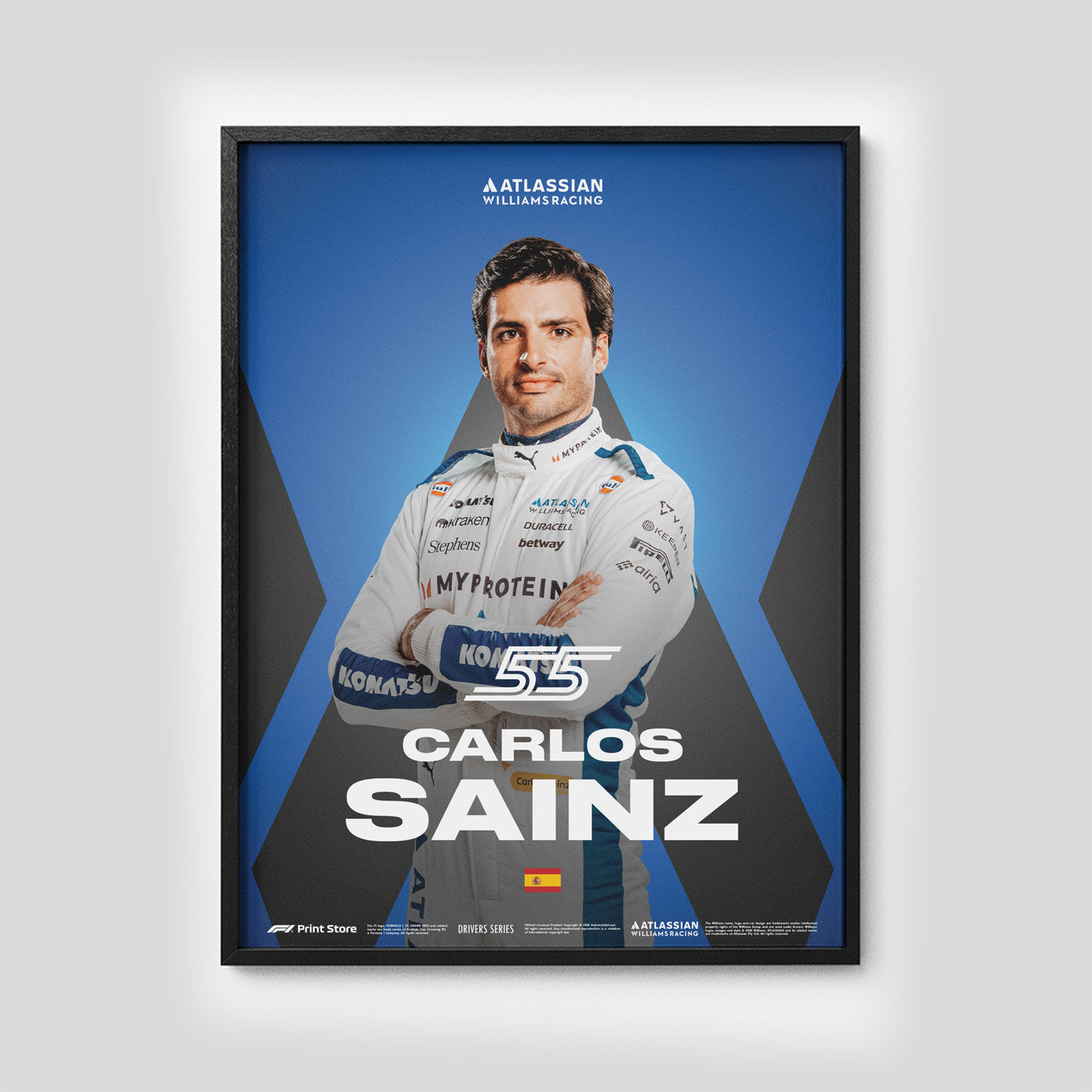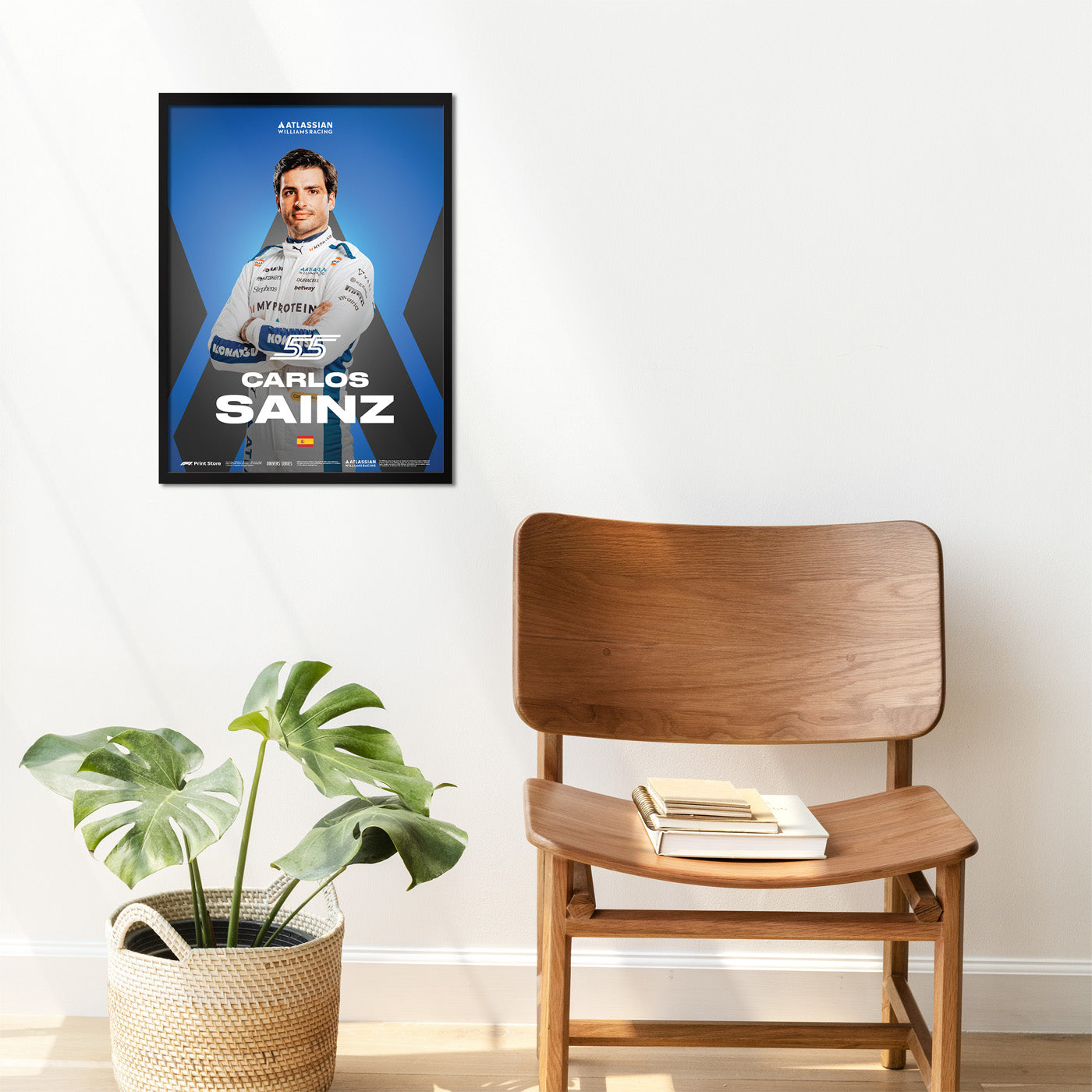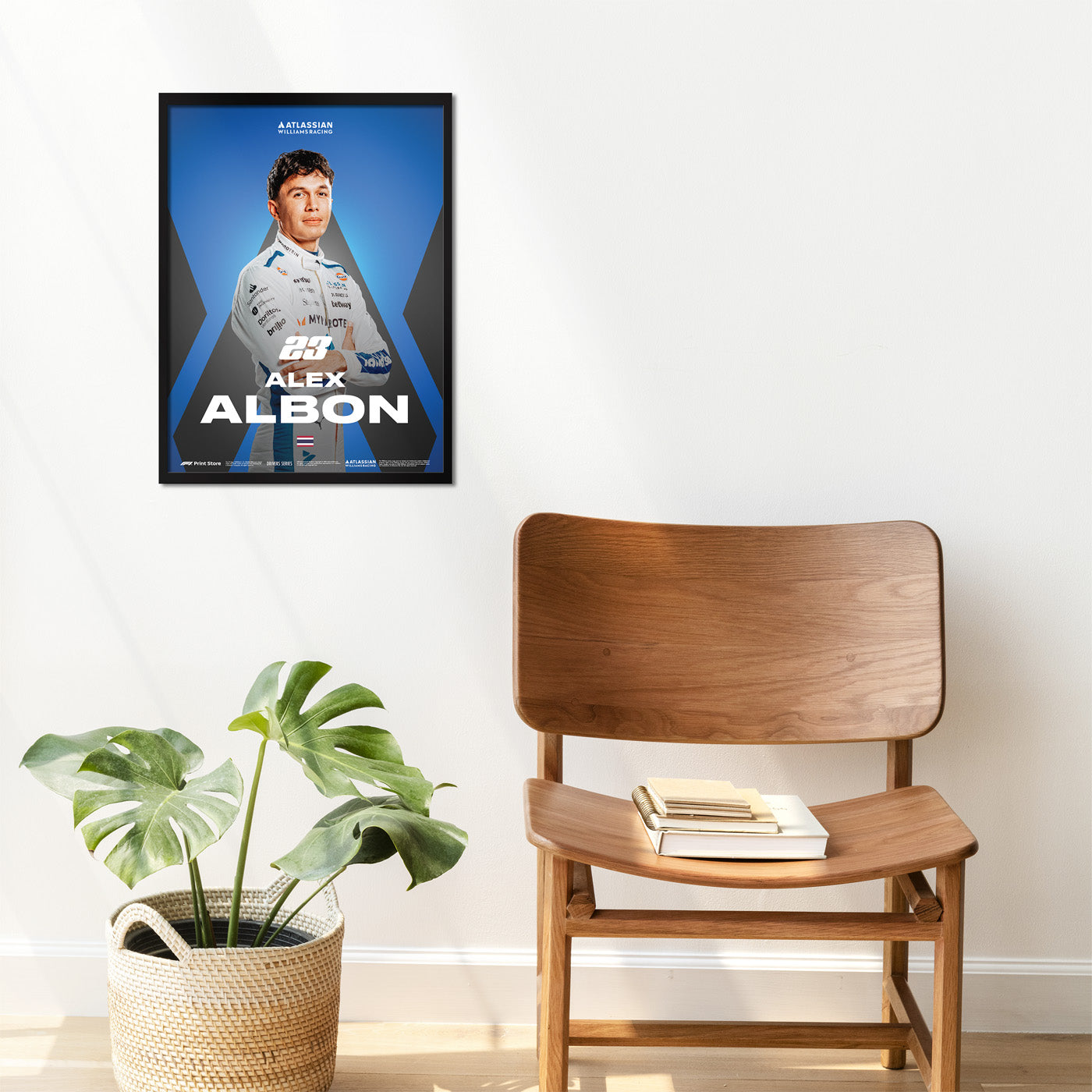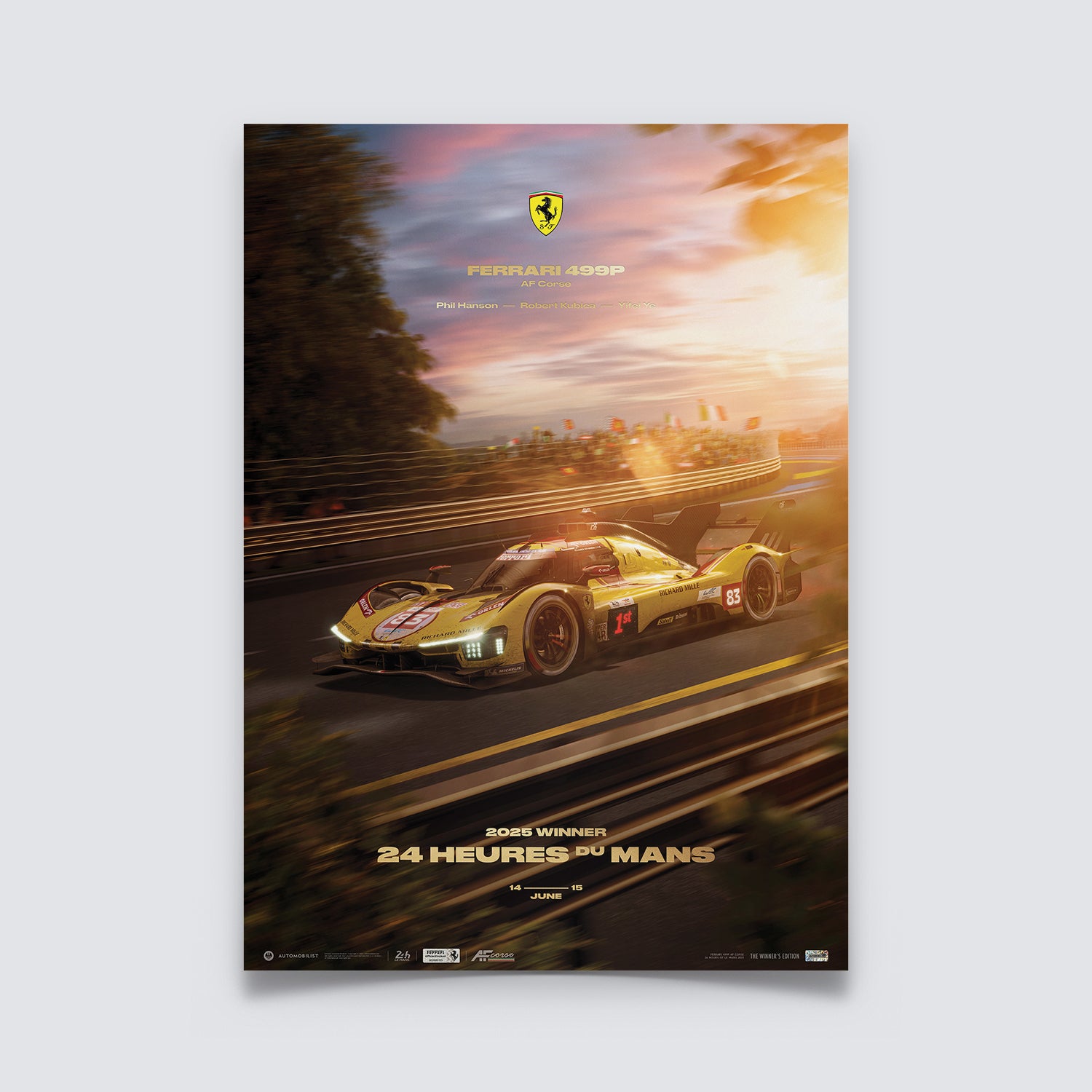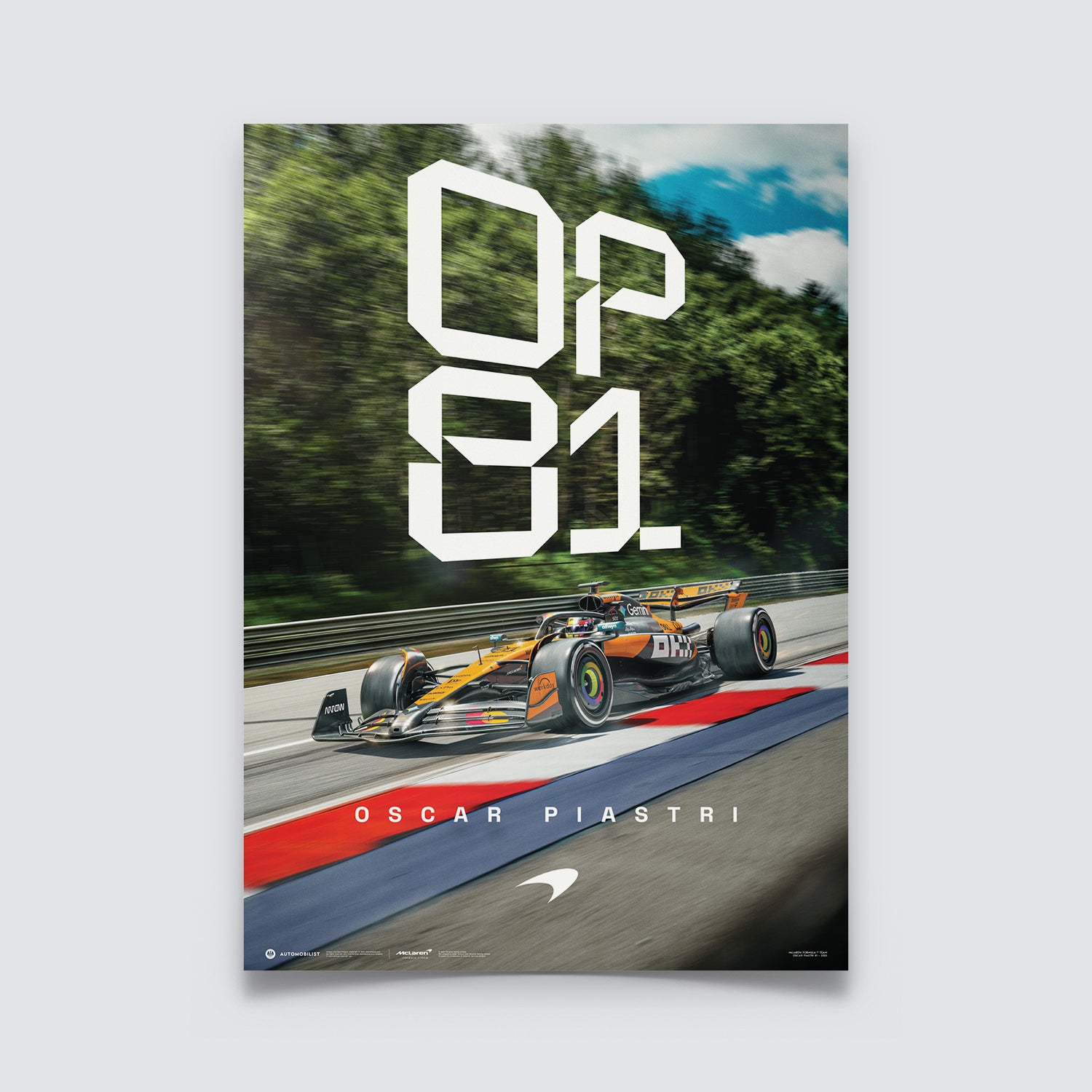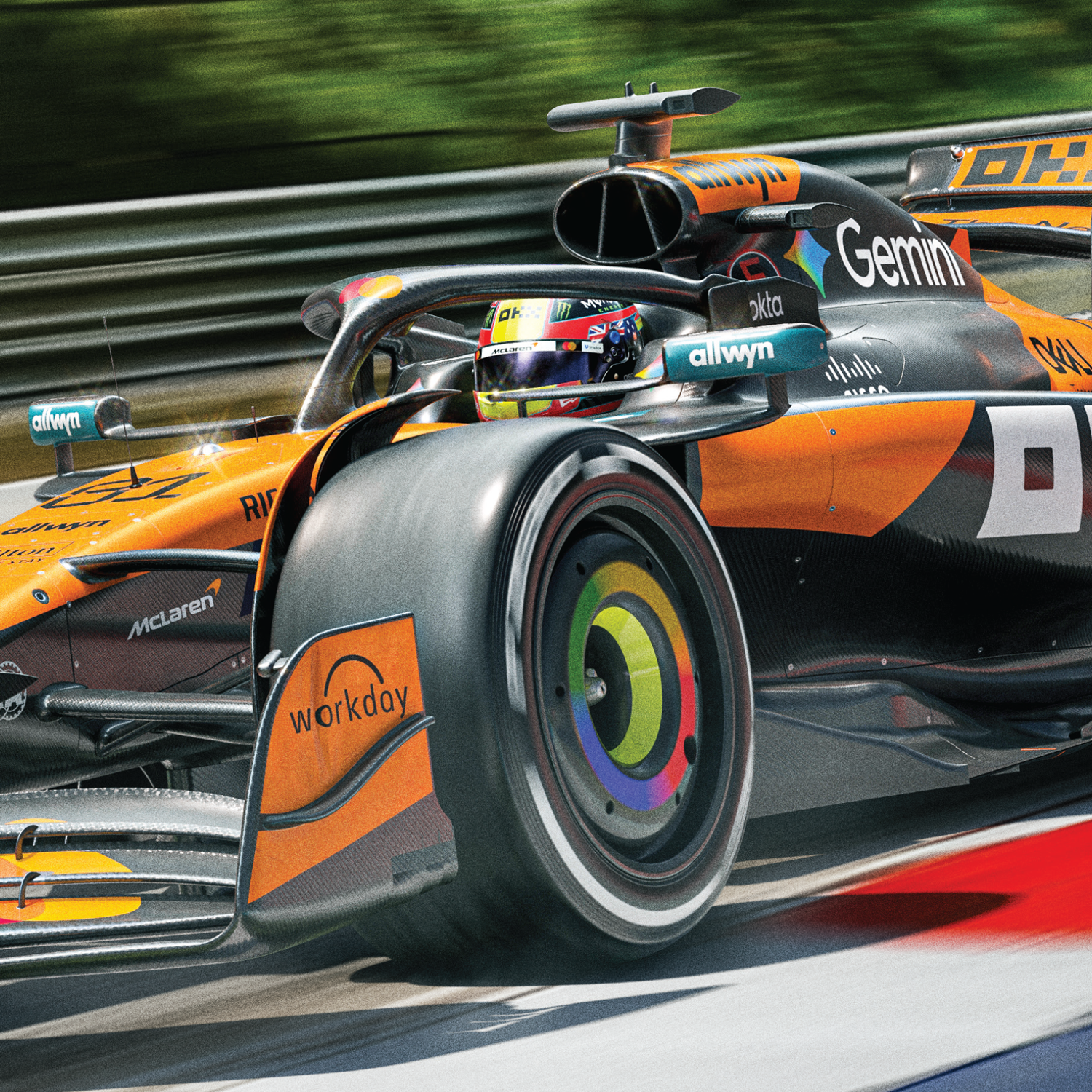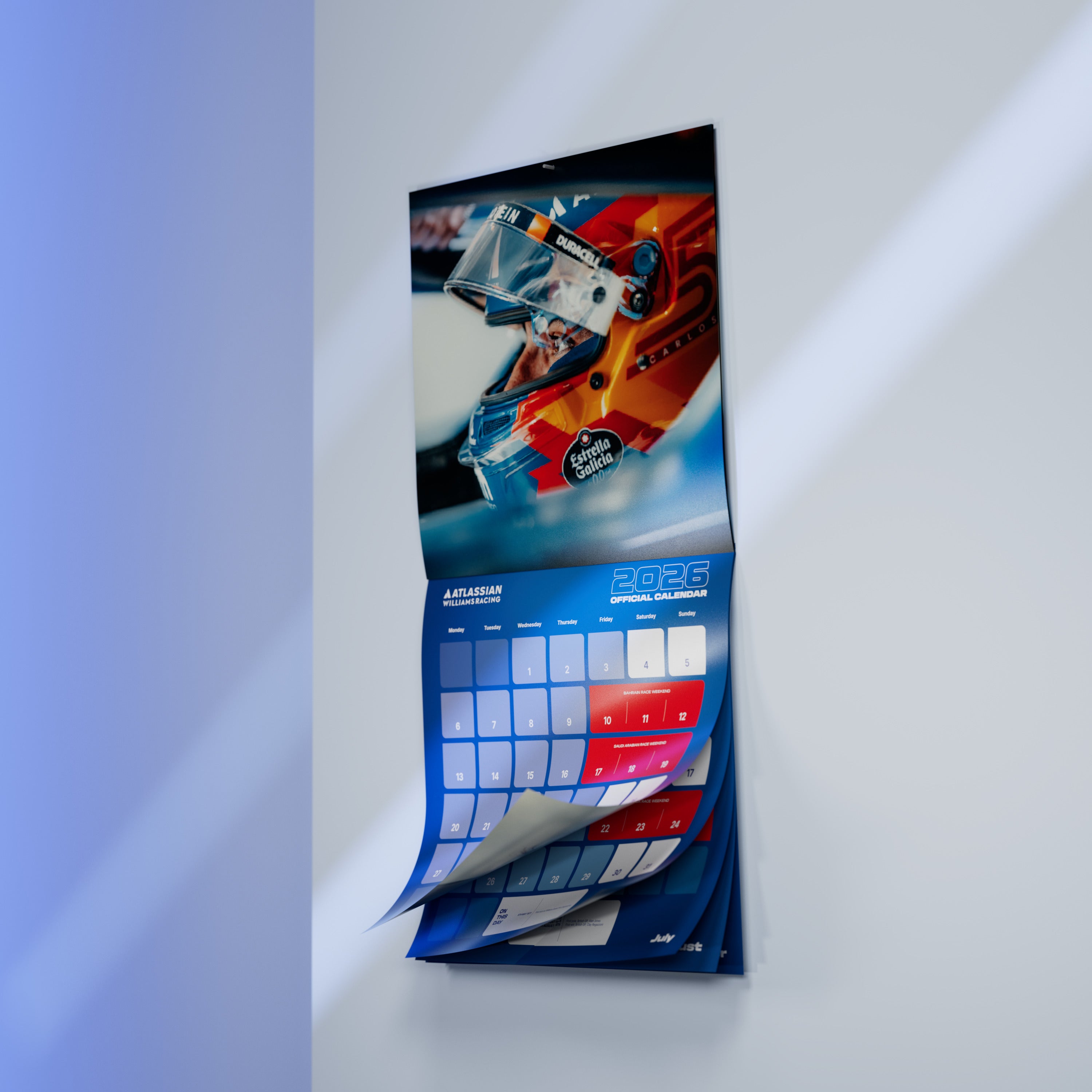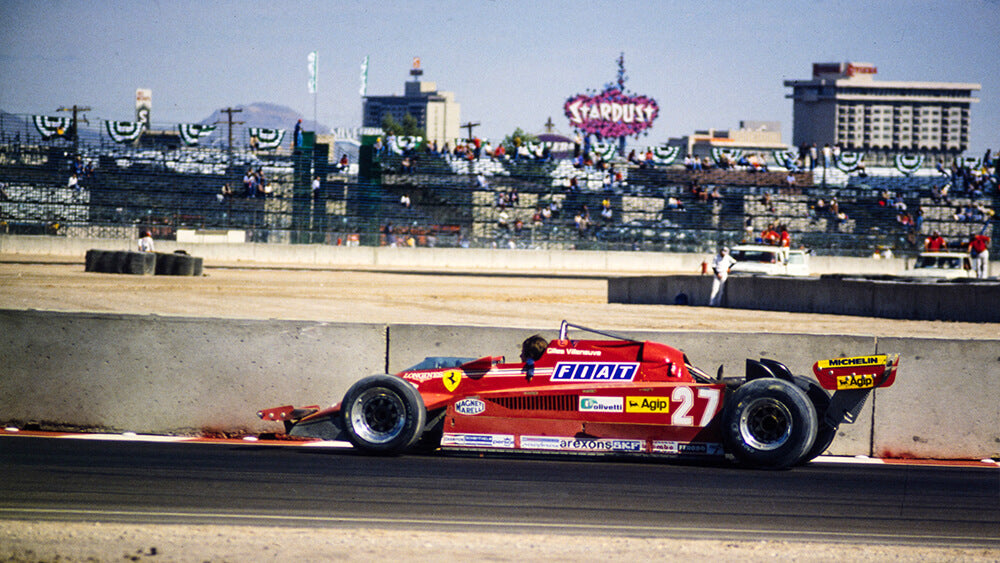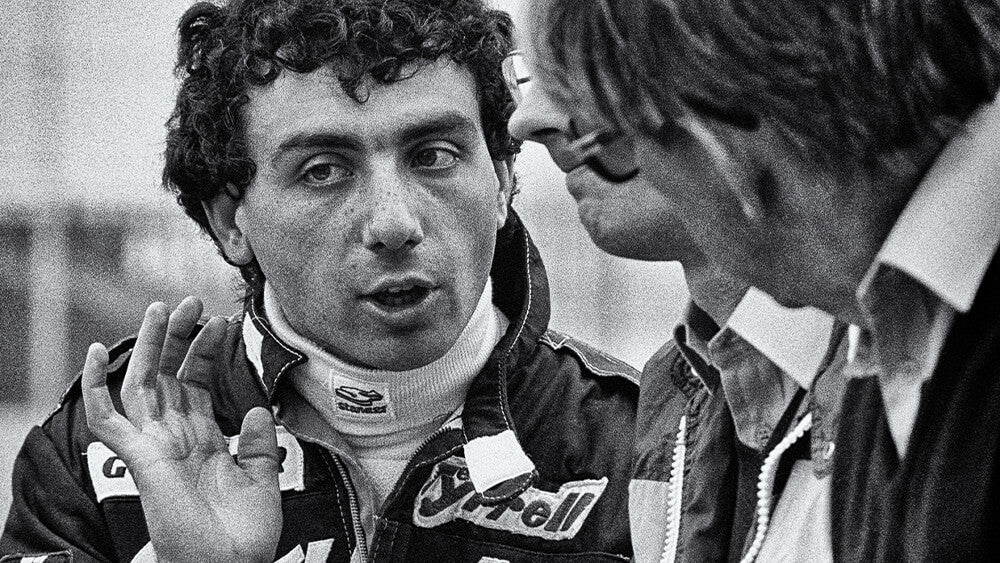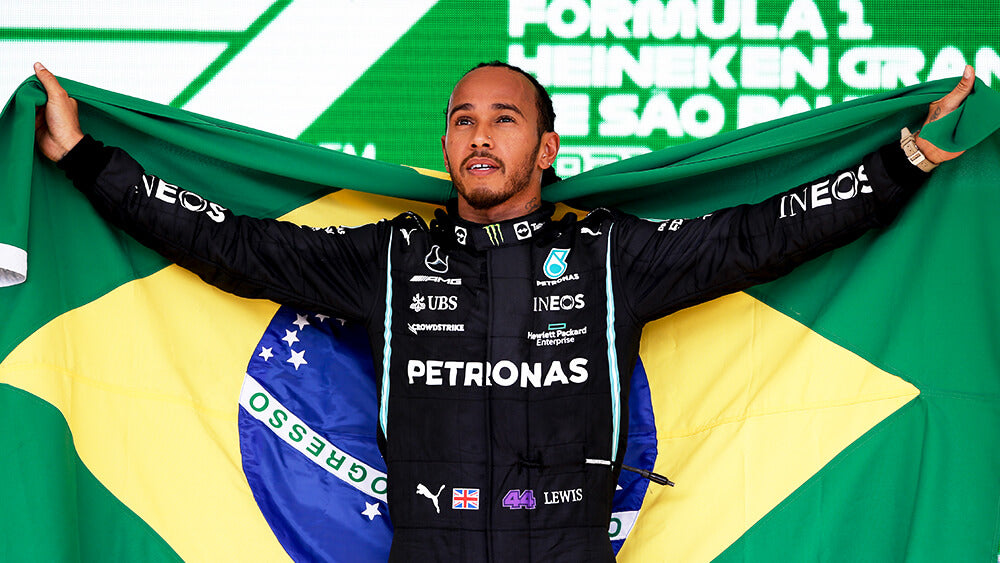Written by Richard Kelley
Racing is the heart and soul of Porsche. Yes, the German powerhouse has created magnificent road vehicles for 75 years. However, the driving force behind Porsche has always been motorsport competition and how it continuously employs every lesson to improve its automotive creations.
Porsche’s road cars, especially 911 versions, with more connection to the racers, evolved and improved directly from reaching the limit under the harshest conditions.
Simply put, if you search for the essence of Porsche, you will instantly find it in its continuous improvements derived from the pursuit of speed.
It all began with Ferry Porsche’s dream of his “perfect” sports car. In 1948, he and 200 workers created the Porsche brand starting with the Porsche 356 ‘No. 1’ Roadster. Within a year, they built and sold the first model, the Porsche 356.
Then, they produced over 50 cars from a tiny garage until they expanded their production in 1952.
It marked the birth of a legendary brand and a fantastic success story.
 Porsche 356 ‘No. 1’ Roadster, 1948. Image Courtesy: Porsche Newsroom.
Porsche 356 ‘No. 1’ Roadster, 1948. Image Courtesy: Porsche Newsroom.
The 356 gradually gained some recognition amongst automotive enthusiasts in Europe. However, in California’s thriving car culture, Porsche suddenly became THE iconic brand, loved not only for its aerodynamics, handling and excellent build quality but for its racing.
In 1951, a Porsche 356 entered the 24 Hours of Le Mans. The car, still equipped with the modified Volkswagen 1.1L engine, won its class, completing 210 laps during the 24-hour race.
This impressive accomplishment set Porsche on the path to extraordinary growth and competition-earned respect, leading to the iconic 911, deemed the most reliable, best-handling, performance-driven sports car on the racetrack and the open road.
 Porsche 911 Carrera RSR 2.8 at the 1973 Targa Florio. Image Courtesy: Porsche Newsroom.
Porsche 911 Carrera RSR 2.8 at the 1973 Targa Florio. Image Courtesy: Porsche Newsroom.
At the 1970 24 Hours of Le Mans, the invigorated Porsche company decided to make its ultimate statement. Two seasons earlier, the FIA changed the regulations for the World Sportscar Championship by suddenly raising the displacement limit from three to five litres.
Instantly, Porsches’ existing Le Mans challenger, the three-litre Porsche 908, became obsolete. Incensed about the sudden rule change, Head of Development Ferdinand Piëch gave the go-ahead to build a new competitor, code-named the new five-litre Porsche 917, at all costs.
The 1970 Le Mans test would pit nine Porsche 917s against eleven Ferrari 512s from works-supported teams and privateers. The Le Mans classic was also Porsche's 20th anniversary, and Ferry Porsche had the honour of dropping the tricolour flag at 16:00.
 Porsche 917 KH at the 1970 24h Le Mans. Image Courtesy: Porsche Newsroom.
Porsche 917 KH at the 1970 24h Le Mans. Image Courtesy: Porsche Newsroom.
Per Porsche's race plan, by 17:30, when heavy rain began to fall, every Ferrari had already lost touch trying to match Porsche's Elford / Ahrens 917 LH rocket. At dawn, the weather turned from heavy rain into a raging storm. Three 917s were leading, followed by a 908. The end of the 917 LH finally arrived on Sunday morning at 8:35 after 226 laps.
Their Porsche Salzburg teammates Hans Herrmann and Richard Attwood took the lead as planned after calmly threading through the middle of the pack to secure Porsche's first Le Mans victory. Indeed, “sprint over, mission accomplished”.
Of the 51 cars that had started, 16 were still running after 24 hours, and twelve of them were Porsche.
 Hans Herrmann and Richard Attwood winning the 1970 24h Le Mans in the Porsche 917 KH. Image Courtesy: Porsche Newsroom.
Hans Herrmann and Richard Attwood winning the 1970 24h Le Mans in the Porsche 917 KH. Image Courtesy: Porsche Newsroom.
Having tasted their first Le Mans' winners' champagne in 1970, Porsche pulled out all the stops for a repeat victory the following year. Of the 49 cars that burst off the line at the drop of the flag in 1971, 33 were Porsches.
When the dust settled 24 hours later, Helmut Marko (third in 1970) and Gijs van Lennep soaked their Martini-liveried 917-053 Kurzheck with the bubbly celebrating their dominant victory. Having completed 397 laps, they set a speed record that would last for 39 years.
 In 1971 Gijs van Lennep and Helmut Marko also won the race in the Porsche 917 KH. Image Courtesy: Porsche Newsroom.
In 1971 Gijs van Lennep and Helmut Marko also won the race in the Porsche 917 KH. Image Courtesy: Porsche Newsroom.
Even more remarkable was Porsche’s 1981 comeback, thanks to Jacky Ickx. His own Martini Porsche 936 had failed, and Ickx took over as relief driver for the Barth and Haywood 936, then mired in 41st place.
Running in heavy rain in the open-cockpit Porsche, Ickx drove two three-and-a-half-hour stints non-stop and flat out, with just a one-hour break in between to close to six laps behind the leaders. Thanks to his Herculean recovery effort, the 936 Porsche went on to win.
 Jacky Ickx and Derek Bell’s winning Porsche 936 at the 1981 24h Le Mans. Image Courtesy: Porsche Newsroom.
Jacky Ickx and Derek Bell’s winning Porsche 936 at the 1981 24h Le Mans. Image Courtesy: Porsche Newsroom.
From then on, Porsche never looked back, following the 917 and 936 with the victorious 956 and 962C models and later the 911GT1-98 and 919 Hybrid prototypes. In all, Porsche has recorded 19 Le Mans victories as an essential part of Porsche’s ongoing engineering development.
In the past 17 years, Porsche has steadily become the world's largest race car manufacturer. By 2007, Porsche assembled no less than 275 dedicated race cars (7 RS Spyder LMP2 prototypes, 37 GT2 spec 911 GT3-RSRs, and 231 911 GT3 Cup vehicles).
 936/81 Spyder, 919 Hybrid, 917 KH #22 (1971), 911 GT1 ’98, 962 C, 917 KH #23 (1970) at the Circuit de la Sarthe, Le Mans, 2020. Image Courtesy: Porsche Newsroom.
936/81 Spyder, 919 Hybrid, 917 KH #22 (1971), 911 GT1 ’98, 962 C, 917 KH #23 (1970) at the Circuit de la Sarthe, Le Mans, 2020. Image Courtesy: Porsche Newsroom.
For 2023, Porsche will return to the 24 Hours of Le Mans and the FIA World Endurance Championship with their all-new Porsche 963 sports prototype, excited to once again test their latest speed tweaks at the Centenary celebration.
The best never rests.

